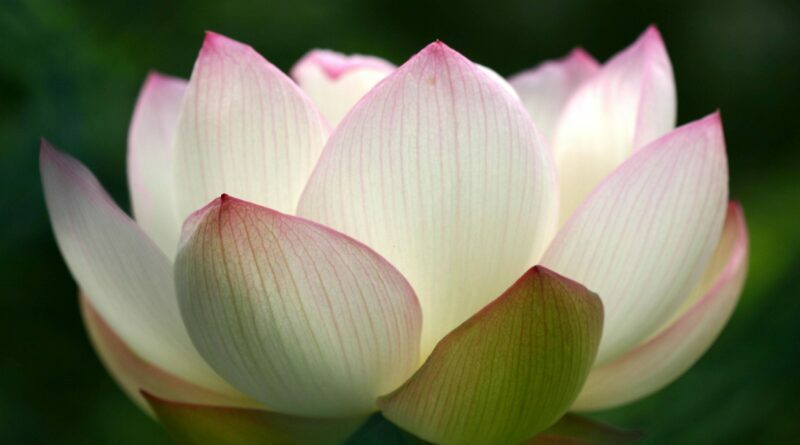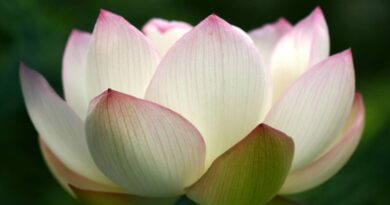GLOSSARY
Glossary
Part I: Personal Titles
People in Thailand are rarely referred to simply by name. Usually the name is prefaced by a term that can indicate either the person’s formal rank, his/her relationship to the speaker, or the speaker’s feelings about him/her at that particular moment. A number of these terms, as used in this book, are explained below.
In the days of the absolute monarchy, high-ranking civil servants were given ranks and titles of conferred nobility, and new names to go with the ranks. The ranks given to commoners, in ascending order, were Khun, Luang, Phra, Phraya, and Chao Phraya. The wife of a Khun, a Luang, or a Phra was called Khun Nai; the wife of a Phraya or a Chao Phraya, Khun Ying. Another system of ranks and titles was used for members of the royal family in government service, but none of these are mentioned in this book.
A similar system of conferred ranks and titles was, and still is, bestowed on monks. The two basic ranks, in ascending order, are Phra Khru and Chao Khun, although each rank has several grades. The highest grade of Chao Khun is Somdet. The recipient of any of these ranks is also given a new name in keeping with his elevated status and position. This was especially important back in the days when people might be named ‘Dog,’ ‘Grub,’ or ‘Pig’ at birth. The conferred names are recyclable. For instance, the Somdet at Wat Boromnivasa mentioned in this book was named Uan (Fatty) at birth. When he was given the rank of Somdet, his official name was Mahawirawong (in Pali, Mahaviravamsa—’In the Lineage of the Great Hero’). After his death, the rank and title Somdet Mahawirawong went to the abbot of Wat Makut Kasatriyaram, whose original name was Juan (Almost). Officially, the two are differentiated as Somdet Phra Mahawirawong (Uan) and Somdet Phra Mahawirawong (Juan).
Other titles used in this book:
Chao Jawm: A king’s concubine.
Khun: A polite term placed before the name of a man or woman with no particular rank. This ‘khun’ and the ‘khun’ that is the lowest rank of conferred nobility (usually given to district officials and lower-ranking military officers) are spelled differently in Thai and pronounced with different tones. Unfortunately, there is no way to indicate this in English without special tonal markers, but the reader should have no trouble telling which is which from the context.
Luang Phaw: Venerable father. 1) A prefix to the name of a senior monk, indicating respect and affection. 2) A prefix to the name of a Buddha image.
Luang Ta: Venerable Maternal Grandfather. A prefix to the name of an aged monk, indicating somewhat less respect and more affection than Luang Phaw. Usually, but not exclusively, given to monks ordained late in life.
Mae: Mother. Also a prefix to the name of a woman or a girl, indicating friendship and respect.
Maha: A prefix to the name of a monk who has passed the third level of Pali exams. The prefix sticks even if the monk disrobes, but if he remains a monk and is given an ecclesiastical title, the prefix is dropped.
Nai: Mister. Used before the name of a boy or a man of no particular rank.
Nang: Mrs.
Phra: Venerable. Used as a prefix to the name of a monk, a Chao Khun, or a nobleman (see the note on conferred nobility, above). Again, there should be no trouble telling which is which by the context.
Thao: A title of rank for lady attendants in the Royal Household.
Than: Reverend, venerable.
Than Phaw: Reverend Father. The Chanthaburi equivalent of Luang Phaw (see above).
Part II: Terms
Abhidhamma: Part of the Buddhist Canon, seven treatises dealing with the analysis of categories, terms, and their relationships.
Ajaan: Teacher; mentor.
Arahant: A fully awakened person, either a Buddha or one of his disciples.
Asalha Puja: A Buddhist holy day on the full moon in July, commemorating the Buddha’s first sermon and the events surrounding it.
Bhikkhu: A Buddhist monk.
Chedi: A spired monument containing relics of the Buddha, objects related to the Buddha, or copies of Buddhist scriptures.
Deva: Literally, a “shining one.” An inhabitant of higher terrestrial or celestial realms.
Dhamma: The teachings of the Buddha; the practice of those teachings; the truth of things as they are.
Dhutanga: 1) Ascetic practice, such as going for alms, eating only one meal a day, etc. 2) Wandering monk, who may or may not be following the ascetic dhutanga practices.
Gatha: A verse or short passage in the Pali language.
Jhana: Meditative absorption in a single sensation or mental notion.
Karma (kamma): Intentional act in thought, word, or deed, holding consequences for the doer of the act.
Kathina: A gift of cloth to a group of monks who have observed the Rains Retreat together in one place.
Khanom tom: A Thai boiled sweet made of a flour paste formed into balls around a sweetened coconut stuffing and rolled in grated coconut.
Magha Puja: A Buddhist holy day on the full moon in February or early March, commemorating the Buddha’s sermon called the Ovada Patimokkha, a summary of the basic tenets of his teaching, given on the afternoon of that day to an assembly of 1,250 arahant (fully awakened) disciples.
Naga: A deity in the form of a large serpent, gifted with magical powers and great strength.
Nibbana: Liberation; unbinding. The extinguishing of passion, aversion, and delusion in the mind, resulting in complete freedom from suffering.
Parinibbana: Total liberation; the passing away of the Buddha or of his arahant disciples.
Phaa paa: A gift of cloth and other requisites placed on small tree and presented to a monk. This is a remnant of an old tradition—from the days when monks were not allowed to accept gifts of cloth and could make their robes only from thrown-away cloth—in which donors who wanted to give new cloth to monks would ‘throw it away’ by placing it on the branch of a tree near a path where the monk was sure to pass.
Sala: 1) A public meeting hall. 2) An open pavilion where travelers may rest.
Samadhi: Concentration. Centering the mind in a single preoccupation.
Tripitaka: The Buddhist Canon, consisting of three ‘baskets’: Vinaya (disciplinary rules), Suttas (discourses), and Abhidhamma (abstract analyses of categories and terms).
Vinaya: The disciplinary rules for Buddhist monks.
Visakha Puja: A Buddhist holy day on the full moon in May or early June, commemorating the Buddha’s birth, awakening, and parinibbana (see above).
Wai: A gesture of respect in which the hands are put palm-to-palm over one’s heart, in front of one’s face or, in extreme cases, over one’s head.
Wat: Temple; monastery.



